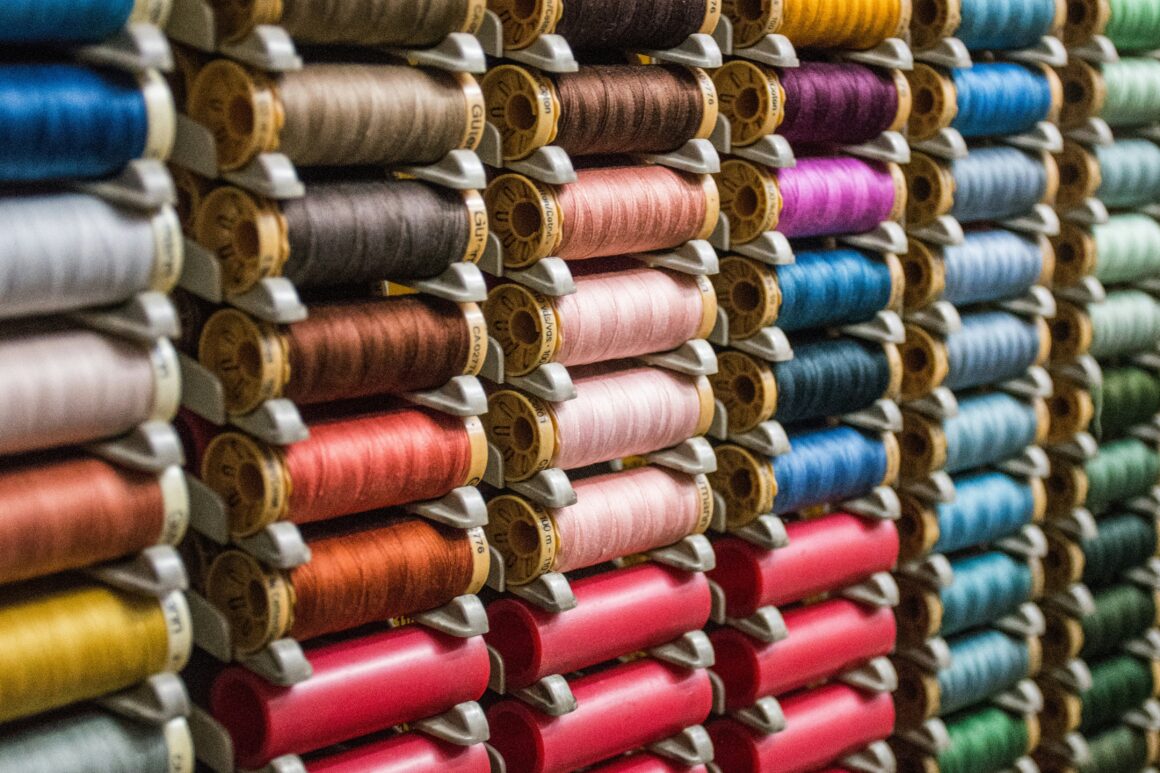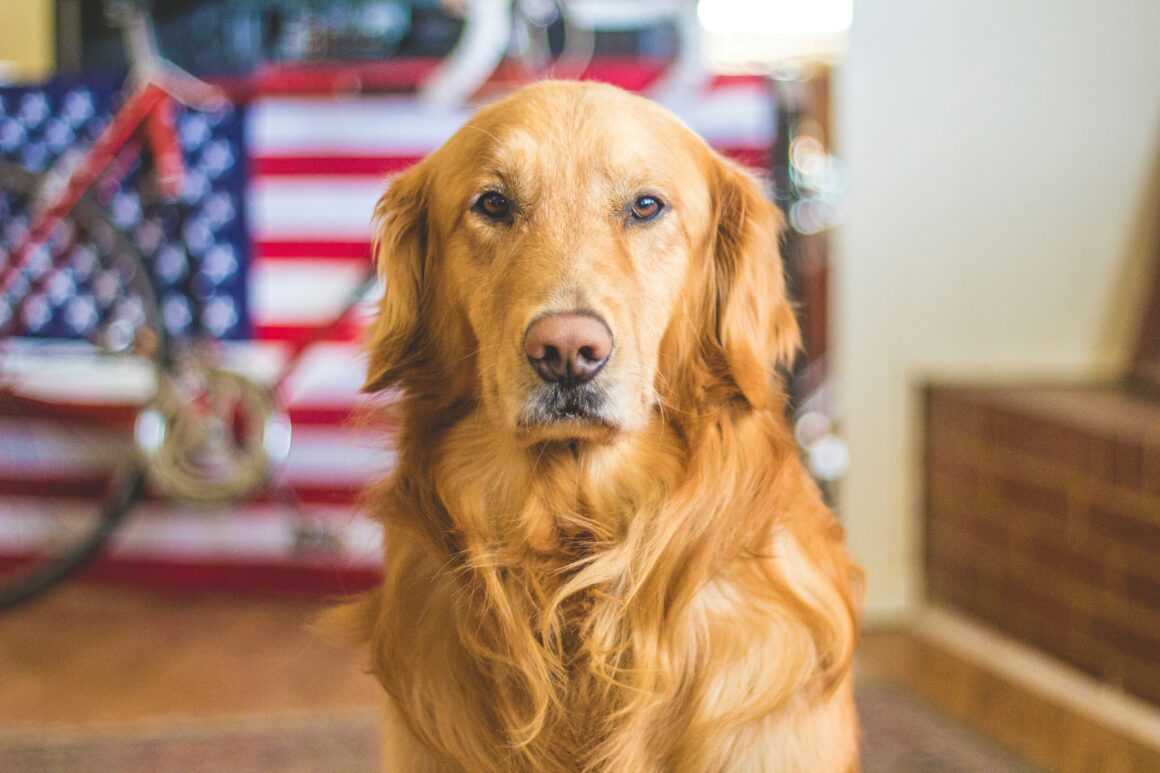The COVID-19 Pandemic is affecting people world-wide with confirmed cases rising, and government mandated quarantine—along with those many unwelcome downsides. These downsides include an increase in domestic abuse, hunger, lack of access to education and more. Plan International USA (Plan), a girls rights organization that works to overcome gender inequality and oppression, is doing a lot to combat these issues regarding girls and women. This non-profit specifically works with communities and organizations to do all they can to resist these numbers getting any higher. Affinity is working with Plan to spread awareness about resources and opportunities that girls and women need to fight this pandemic and thrive despite setbacks.

To protect themselves and their families during quarantine, the populace is wearing masks and gloves, as well as using hand sanitizer regularly to avoid germs. However, these luxuries are hard to obtain for many households, particularly in developing countries. Many have no money to buy protection (masks, gloves) or, because of panic-buying, their near-by stores are out of stock. In Africa, Latin America, and Asia, Plan has curated and is dispersing “hygiene kits”, which include masks, gloves, soap, alcohol, and other items needed by said community. All Plan sponsored children and families in Guinea are receiving these kits, reaching 95,585 girls, 97,121 boys, 87,927 women and 91,121 men. In Indonesia, 6,540 hygiene supply kits are being dispersed to 20% of sponsored children. These are but a few examples of the places and communities they are helping with necessary relief goods.
Because of government mandated quarantine, many children, girls, and women are being isolated in toxic or abusive households for months at a time. Plan has been working diligently to address this world-wide concern. In Guatemala, Plan is presenting communication campaigns via radio, social media, WhatsApp and television. They’re broadcasting programs with a focus on child protection and the prevention of domestic violence against children. Such campaigns have reached over 260,000 people in five regional areas. They also host a safe online space for girls between the ages of 13 and 24 to discuss key gender issues, called Girls Out Loud. This is a way for girls and young women to discuss gender-based debacles within our society, as well as gender-based violence that’s at an increase due to COVID-19.
Societal standards play a big part in putting girls and women at higher risk during COVID-19. In many countries, gendered norms confine girls into traditional or stereotypical roles where they are primary caregivers, or have to make sacrifices for their families in time of crises. When a family member gets sick, it’s a girl’s responsibility to care for them or when money is tight, a girl could be married off in exchange for a dowry. In addition, most front liners are female, putting females at greater risk. These issues, that gender bias or norms create, affect society as a whole and put girls and women at greater risk for exposure. Plan helps by granting young girls and said female front-liners with the tools to succeed during this lock down.
Poverty has only gotten worse- with non-essential workplaces closing during these trying times. Something that’s been saving many below-income households is school lunches and meals. Via this, children can eat even if they don’t have food at home. In these situations, school lunch may be all a child eats in a given day. With schools out, and resources dwindling, kids have become more exposed to hunger. In Zambia, Plan has found a new way to distribute food safely, and with the least amount of human contact possible. They’ve set up food distribution points at school for parent pick up. The Ministry of Health staff takes this opportunity to give parents important information and tools to keep themselves and their children safe from the virus.
Another issue involving school is the actual education. Some have the resources to be schooled online, but most below-income households don’t. Plan is using cash transfers for these households to support their needed resources, including mobile data, as well as advocating for authorities and phone companies to make education affordable for all.
Plan, partnering with communities and organizations, are doing so much to combat the issues children, girls, and women are experiencing during this pandemic. This is the link to their official site to learn more about resources for yourself, and how you can help make a difference within the lives of others.





